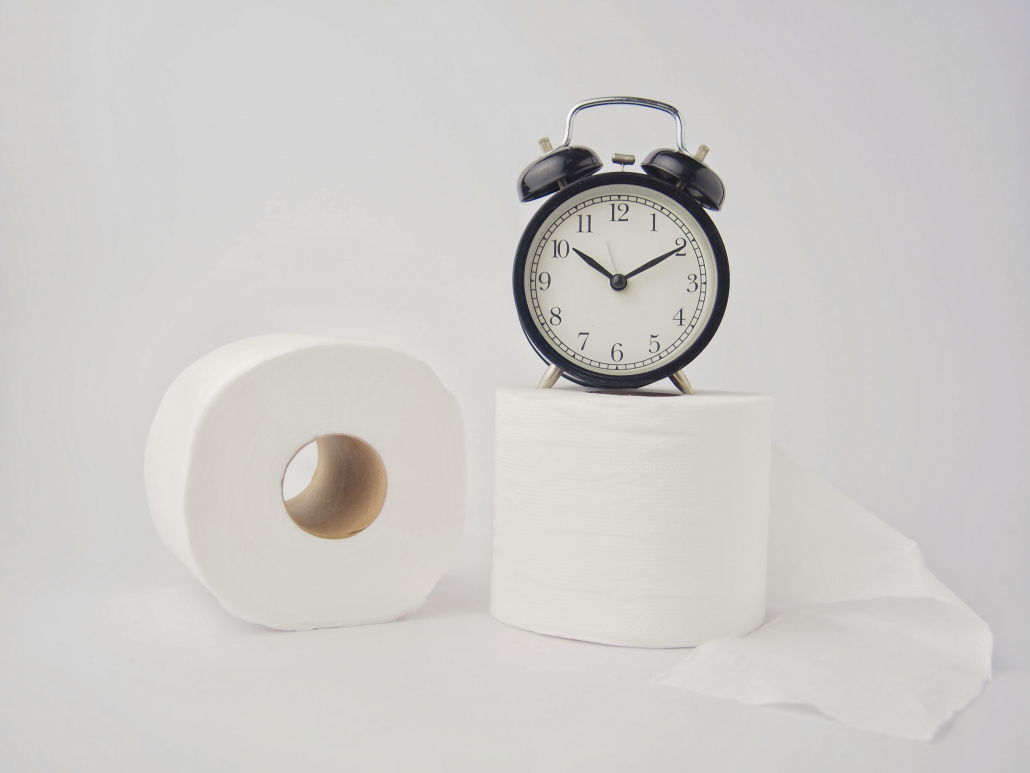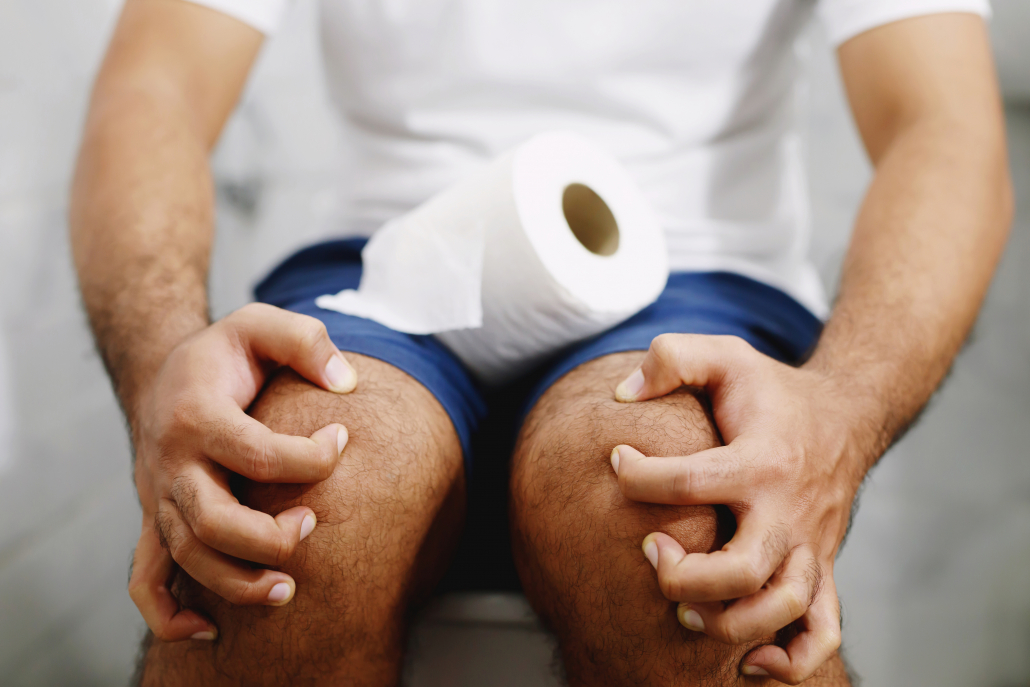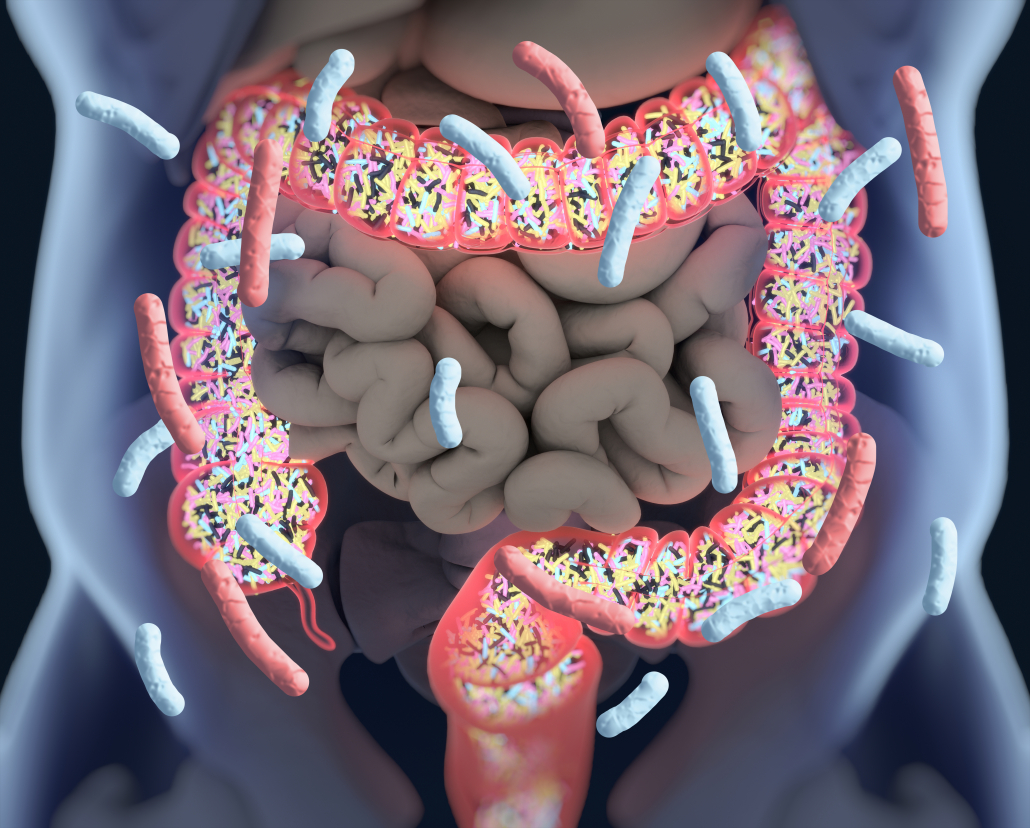We include products in articles we think are useful for our readers. If you buy products or services through links on our website, we may earn a small commission.
Intermittent Fasting Bowel Movements: What it Does to Your Poop

Intermittent fasting is linked to numerous benefits like reduced inflammation, improved gut health, and anti-cancer properties. But for some people, this dramatic change in eating patterns also comes with equally dramatic changes in their bowel movements.
In this article, we’ll explore intermittent fasting effects on poop and how to regain regularity and balance when it comes to bowel movements.
Table of Contents
How Intermittent Fasting Can Effects Your Bowel Movements

Any major change in your diet can result in constipation, diarrhea, bloating, and indigestion, and intermittent fasting is no exception.[12] [13]
Changes to your bowel movements while intermittent fasting is usually due to one of four factors.
- Cutting off the constant influx of food
- Dehydration
- Dietary changes to higher protein and higher fat foods
- Adjustments in your gut microbiome resulting from starving sugar-loving bacteria
Eliminating Constant Influx of Food
On a standard American diet, most people are eating three meals a day with snacks in between.
This constant influx of food pushes digesting food through your bowels.
When you practice intermittent fasting, you are cutting off this conveyer belt of bowel movements.
Dehydration
Intermittent fasting can stimulate your body to begin breaking down stored body fat into energy molecules called ketones. When your body enters ketosis, it flushes water and electrolytes.
This flushing can cause dehydration, which is a leading factor in constipation.
Flushing and dehydration can have more dramatic effects on your bowel movements when practicing more intense fasting protocols like OMAD, and 20-hour fasts.
More Fat and Protein

Many people combine intermittent fasting with keto and the carnivore diet.
These eating plans center on low-carb, high-fat foods.
If you’re coming from a standard high-carb western diet, it can take your metabolism time to upregulate stomach acids, digestive enzymes, and bile needed to break down these complex foods efficiently.
It’s also worth highlighting that when you cut fiber and replace it with nutrient-dense animal foods, you may simply poop less.
In this case, pooping less doesn’t mean you’re constipated. Rather, having fewer bowel movements is likely a result of there simply being less fibrous waste for your body to expel.
Changes to Gut Bacteria When Intermittent Fasting

Practicing intermittent fasting cuts off the chronic stream of sugar into your gastrointestinal tract, even if temporarily.
When you combine intermittent fasting with keto or carnivore, the carb-cutting is even more dramatic.
Cutting off sugar to your gut starves bacteria that rely on sugar as a source of fuel.
It can take some time for your gut microbiota to rebalance and to repopulate with bacteria specialized in digesting higher fat and protein intake.[3]
Studies show that the microbiota reset that occurs when you cut carbs can offer numerous health benefits like reduced inflammation and reduced symptoms of multiple sclerosis and epilepsy. 4 5 6
Just be prepared for changes to your bowel movements.
You can support your microbiome reset by consuming cultured foods like blue cheese low carb yogurt, and cultured cottage cheese.
Solutions to Intermittent Fasting Bowel Movement Issues
Fortunately, for most people, intermittent fasting effects on poop are positive.
The time spent fasting between meals allows your body to fully digest your food and allows your intestinal tract to repair any areas that may be damaged by plant toxins, antinutrients, and other inflammatory substances.
For people experiencing negative intermittent fasting bowel movement issues, the good news is that they are usually temporary and easy to overcome.

Here are a few keys for supporting your bowel movements during IF:
- Drink plenty of water
- Replace electrolytes
- Liberally salt your food
- If symptoms persist, consider eliminating commonly irritating food beginning with nuts, fibrous legumes, vegetables, and grains
Intermittent Fasting Effects on Bowel Movements: The Takeaway
Intermittent fasting offers a dramatic departure from normal eating habits.
When you’re not eating as often, and eating different foods than your body is used to, it is common to experience changes to your bowel movements.
Though most changes are positive, some people encounter temporary side effects including constipation, diarrhea, and bloating.
Be sure to drink plenty of water, and stick with it. It can take some time for your digestive symptom to make the transition, but the benefits are well worth it for most people.




















